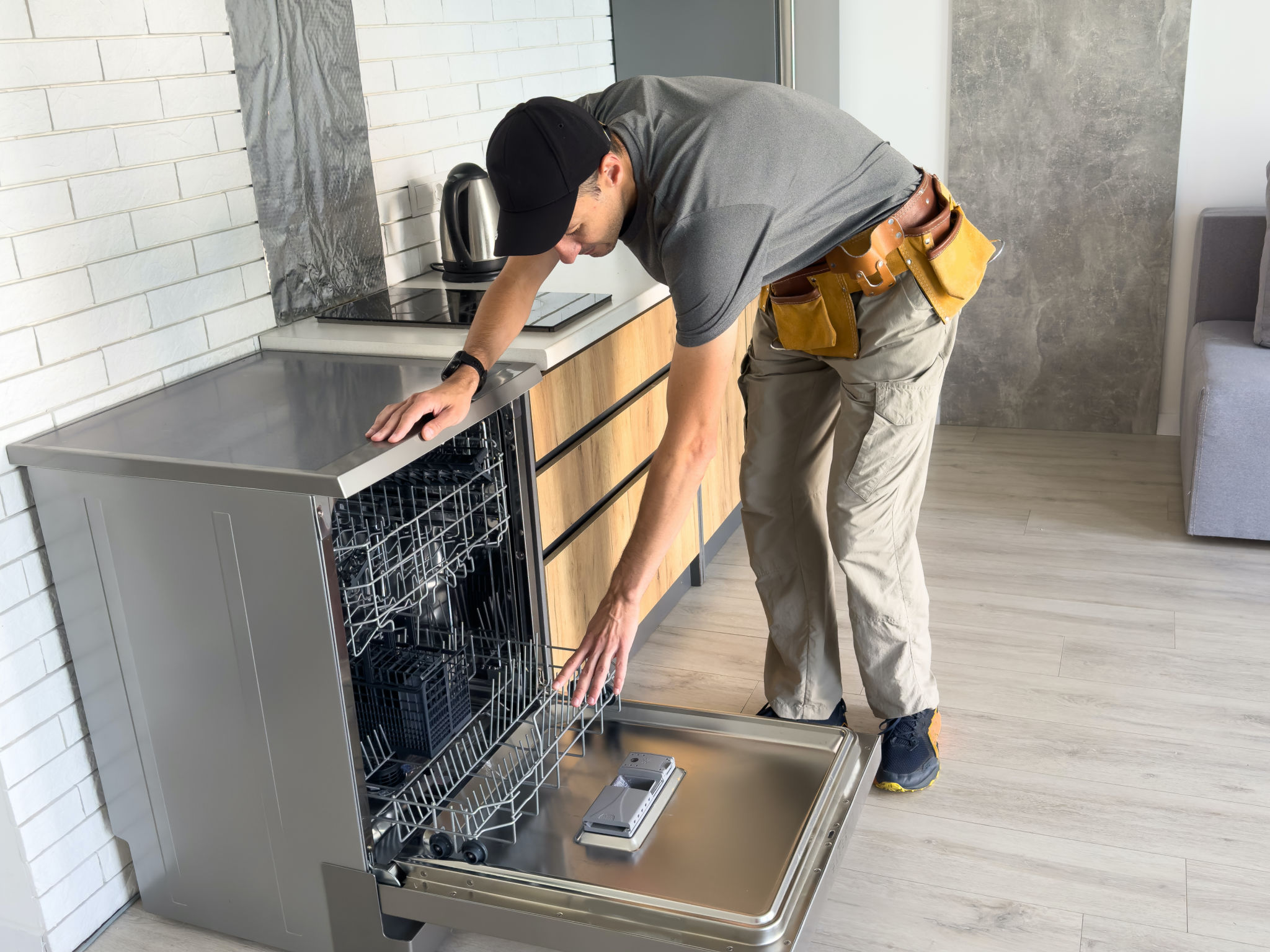The Ultimate Guide to Appliance Repair: Tips for Homeowners
Understanding the Basics of Appliance Repair
As a homeowner, knowing the basics of appliance repair can save you time and money. While some issues require professional service, many common problems can be solved with a little knowledge and the right tools. Understanding how your appliances work is the first step in tackling minor repairs and maintenance.

Common Appliance Problems and Their Solutions
Many appliances share common issues that can be fixed without expert help. For example, if your refrigerator isn't cooling properly, it might be due to dirty condenser coils or a faulty thermostat. Similarly, a dishwasher that leaves dishes dirty might have a clogged spray arm or a worn-out seal. Identifying these common problems can help you decide whether to repair or replace an appliance.
To troubleshoot effectively, always start by consulting the appliance's manual. It often contains troubleshooting tips and may even guide you through simple repairs. Additionally, searching for online tutorials or videos specific to your appliance model can provide visual aid in diagnosing and fixing problems.
Essential Tools for DIY Appliance Repair
Having the right tools on hand is crucial for successful DIY repairs. A basic toolkit should include screwdrivers, pliers, a multimeter, and a socket set. These tools will enable you to open appliance panels, test electrical components, and perform other necessary tasks. Investing in these tools can be cost-effective in the long run as they can be used across different repair projects.

When to Call a Professional
While many minor repairs can be handled at home, some situations require professional expertise. If an appliance repair involves complex electrical work or if you're dealing with gas appliances, it's best to call a certified technician. Attempting such repairs without proper knowledge can be dangerous and may void any warranties.
If the cost of repairs is close to or exceeds the price of a new appliance, consider buying a replacement instead. Factors such as the appliance's age, efficiency, and repair history should influence this decision. A professional evaluation can help determine the best course of action.
Maintenance Tips to Prolong Appliance Life
Regular maintenance can prevent problems before they occur and extend the life of your appliances. Cleaning filters, checking hoses for leaks, and ensuring proper ventilation are simple tasks that can make a big difference. For example, regularly cleaning the lint trap in your dryer not only improves efficiency but also reduces the risk of fire hazards.

Creating a maintenance schedule can ensure that these tasks aren't overlooked. Regular checks can help identify potential issues early, allowing for timely repairs that prevent larger problems down the line.
Choosing Energy-Efficient Appliances
When it's time to replace an old or irreparable appliance, consider opting for an energy-efficient model. These appliances often come with advanced features that save electricity and water, reducing your utility bills over time. Look for appliances with ENERGY STAR ratings to ensure you're making an eco-friendly choice.
Energy-efficient appliances not only save money but also contribute to a greener home by minimizing environmental impact. They often have longer lifespans due to their innovative technology and design improvements.
The Benefits of Learning Appliance Repair Skills
Learning how to repair appliances can be empowering and rewarding. It not only helps you save money but also gives you confidence when dealing with home maintenance issues. Additionally, acquiring these skills can benefit friends and family who may need assistance with their own appliance problems.

As you become more proficient in diagnosing and repairing common issues, you'll gain a deeper understanding of how household systems work, enabling you to maintain a smoothly functioning home.